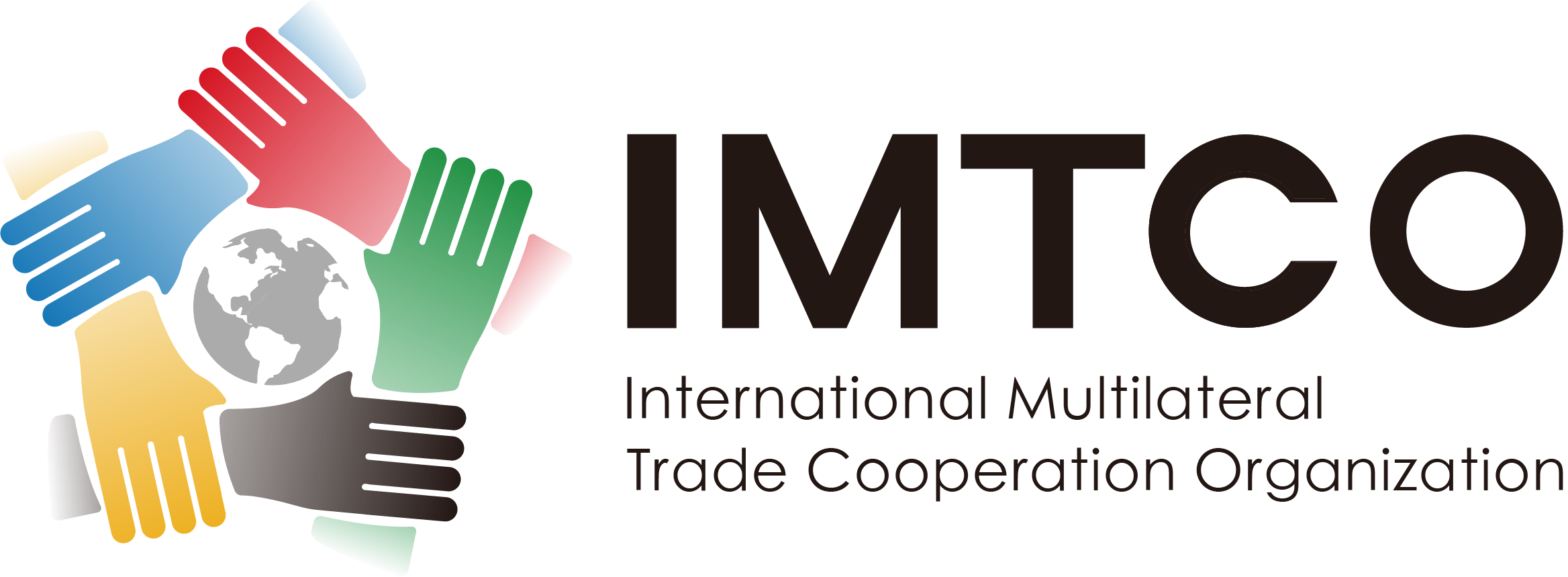Solutions to Trade Cooperation Issues
International multilateral trade cooperation involves a wide range of fields, and the problems that arise are also very complex. The solutions given by researchers, experts and scholars are not the same. We have collected some classic cases for your reference, and hope to help.
Food security policy measures in WTO trade rules
International Trade in agricultural products is a powerful tool for poverty reduction and food security — globally recognized development priorities. However, the argument that fully free agricultural trade in itself guarantees food security ignores its unique historical trajectory and is not supported by arguments. Ensuring a fair distribution of the benefits of agricultural growth requires strong public sector support and investment. Such support shall be consistent with World Trade Organization (WTO) obligations. The waivers provided can be used by national governments to defend existing policy space and advocate for trade rules that reflect the latest understanding of food security.
The WTO incorporated agriculture into international trade rules, while the concept of food security evolved alone. For developing countries, the guarantee of food security can not only rely on trade, but should start from two aspects: First, starting from fair trade, strive for a favorable external environment for agricultural development. Agriculture is the fundamental guarantee of food security in developing countries. Developing countries should strengthen alliances, prevent the differentiation of developed countries, and continue to require developed countries to significantly reduce their actual subsidy levels by taking advantage of the pending Doha agricultural negotiations, while establishing their own food security protection mechanisms—special products and special safeguard mechanisms. The second is to start from the combination of opening and protection, and strengthen domestic policy support for food production. The liberalization of agricultural trade is the general trend, and it is impossible for developing countries to stay out of the way. However, the liberalization of agricultural trade is also a process of gradual development. Therefore, developing countries should strengthen domestic agricultural policies to support food production.
Basic policy on trade in goods and trade in services between Britain and Europe
On 24 December 2020, the EU maintained the integrity of the single market and a strong enforcement mechanism with the signing of a UK-EU Trade Cooperation Agreement (“TCA”) aimed at respecting the red lines of both sides. The United Kingdom has reached a free trade agreement with “zero tariffs” and “zero quotas” on trade in goods, and has avoided the jurisdiction of the European Court of Justice in dispute settlement (except Northern Ireland). On the other hand, the agreement does not cover some areas that are crucial to the UK as a member of the EU. In particular, the services sector, which accounts for the largest share of the UK economy, is largely outside the scope of the TCA.
Trade in goods is not subject to any tariffs or quotas, but customs and conformity checks will be implemented, making the flow of goods more sluggish and more cumbersome. While the introduction of the Reliable Party Program can ease the burden on certified companies, it takes a significant amount of effort for these companies to become certified.
In trade in services, with regard to financial services, TCA does not contain any market access commitments, except for a schedule of consultations on specific equivalent decisions (but no commitments on possible outcomes). A statement signed at the same time as the TCA stipulates that the EU and the UK should plan and establish regulatory cooperation in financial services to build a lasting and stable relationship. The parties agreed to conclude a memorandum of understanding on a reciprocal approach in March 2021. This comes after the UK’s Financial Conduct Authority (FCA) has taken temporary measures, such as those to safeguard the functioning of markets such as euro-denominated derivatives in the UK. The lack of specific provisions for financial services in the TCA, combined with the third-country regime cobbled together in the EU’s financial services regulatory framework, and recent or imminent legal changes bring certain risks and uncertainties, but the EU has issued transitional measures such as central counterparties and central securities depositories have partially alleviated this situation. For example, certain euro-denominated trade in London could be converted to USD denominated in situ, rather than moving to the EU centre and continuing to be denominated in euros. This is one of many issues that should be addressed in further negotiations from March 2021.
(become a member and learn more about international trade solutions)
